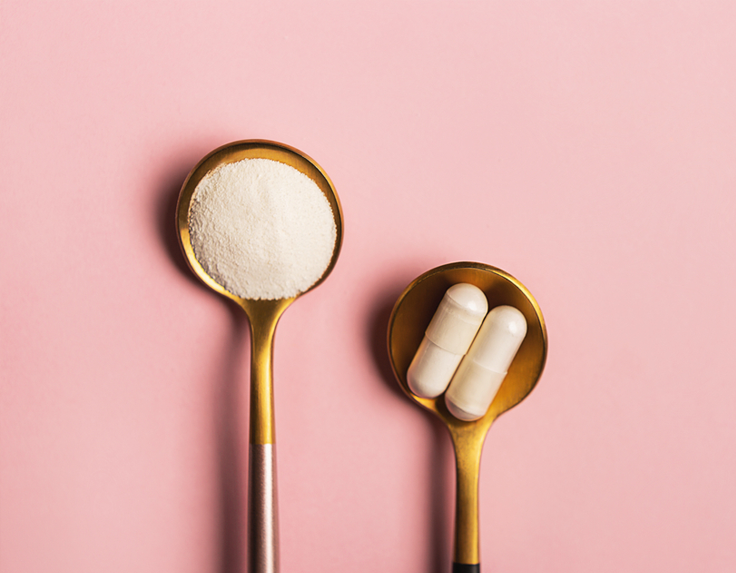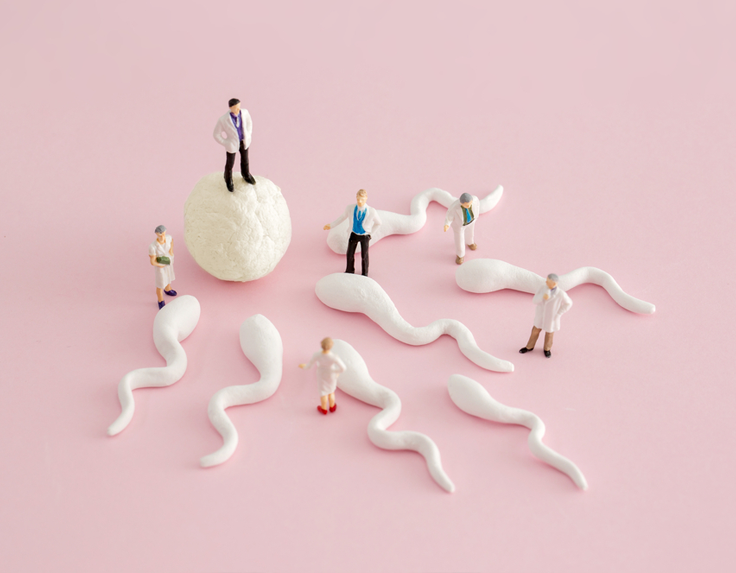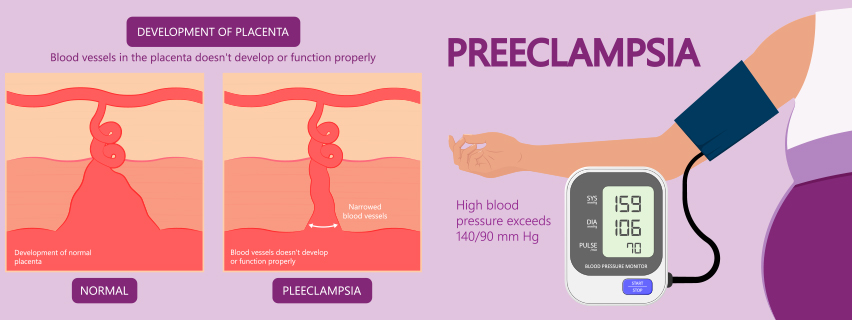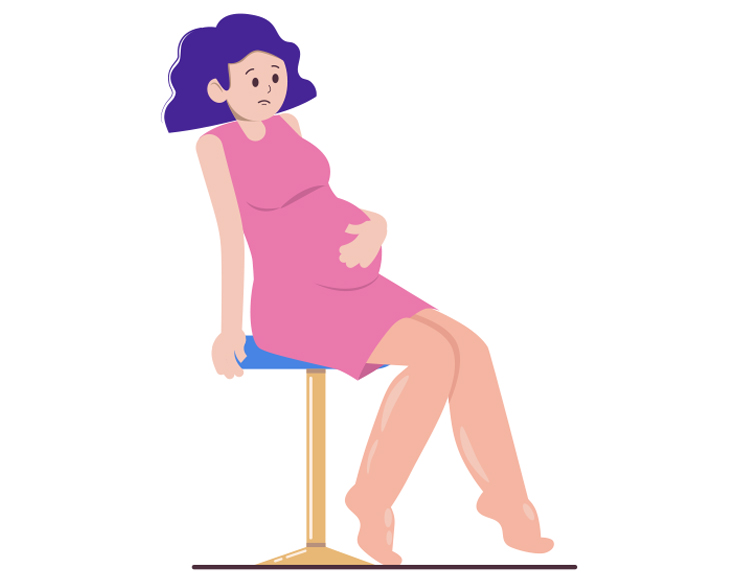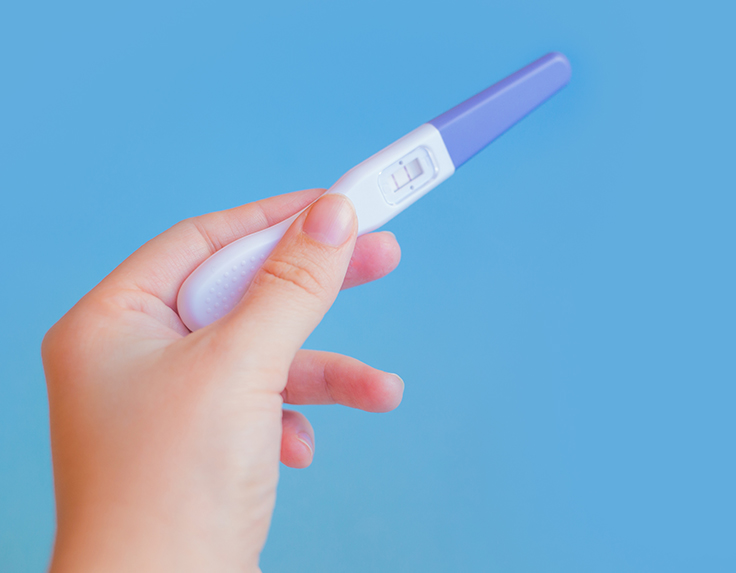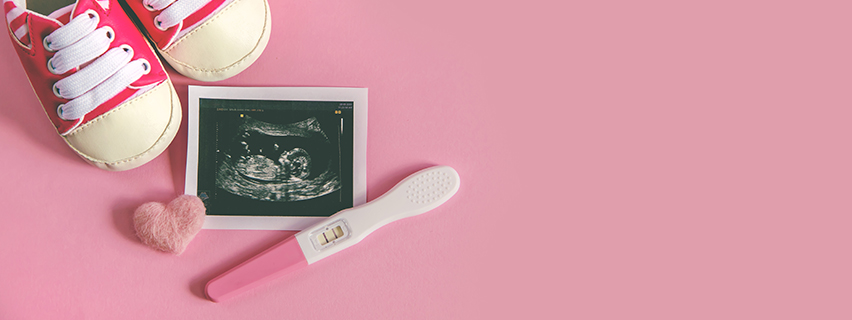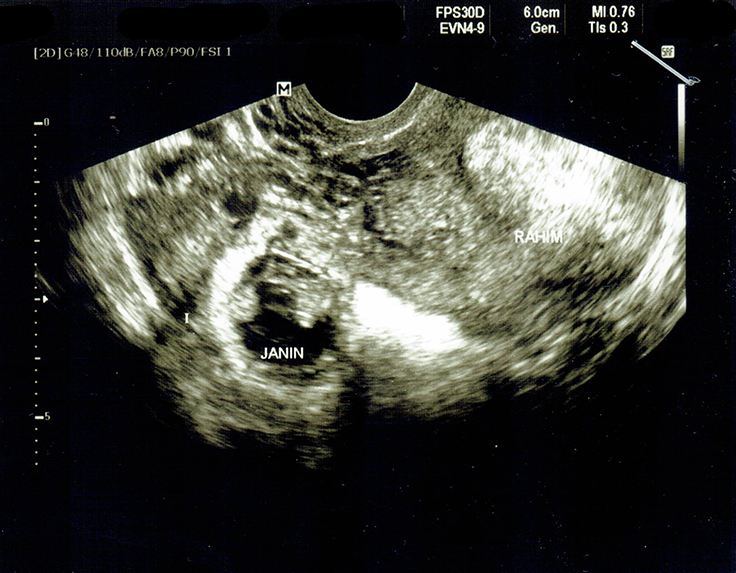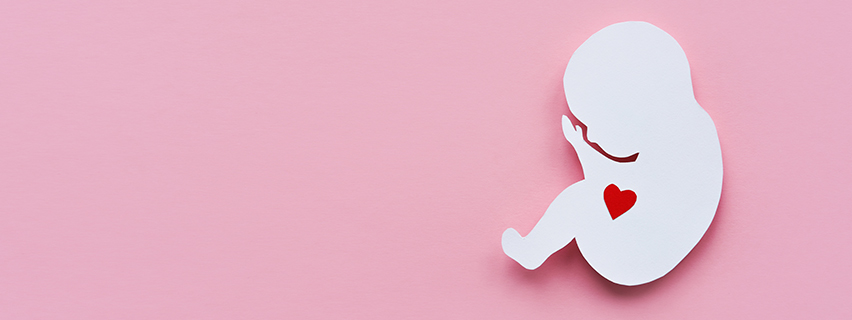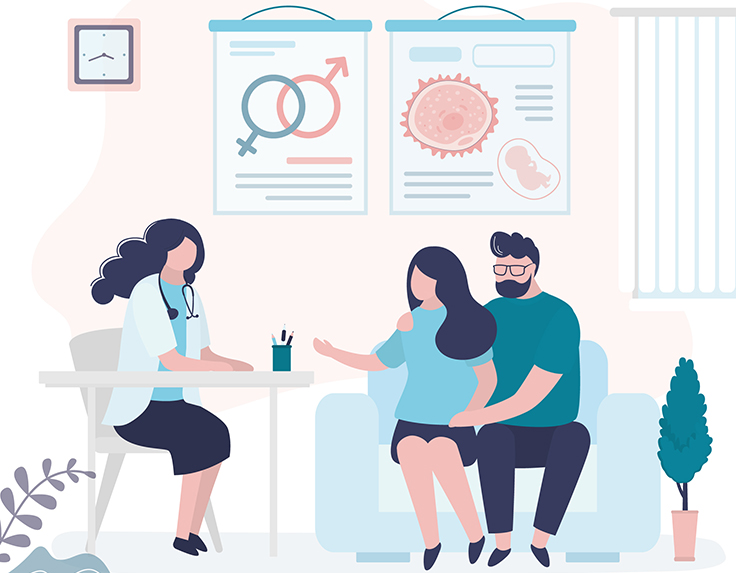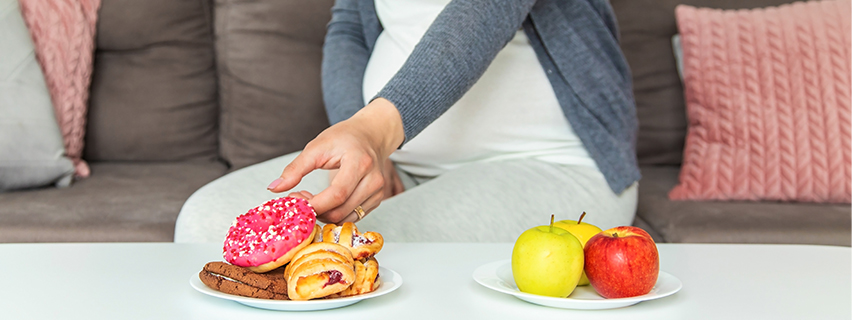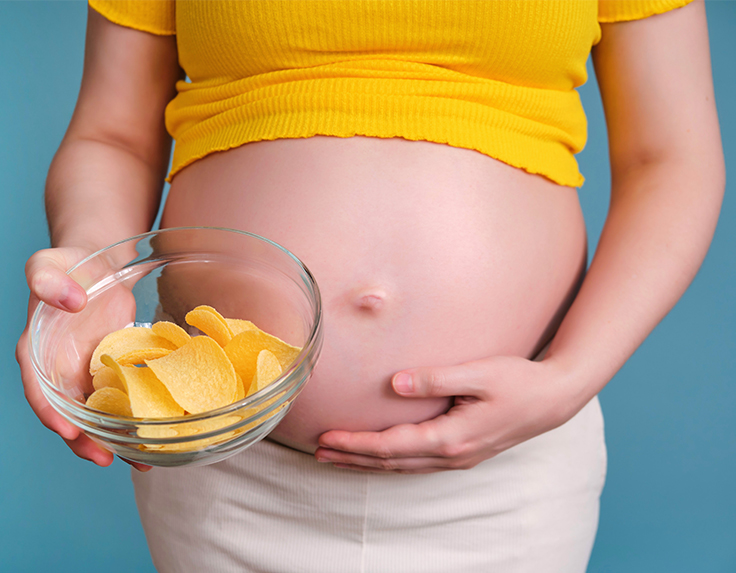Stepping into potential parenthood is a journey marked by simple yet profound moments, and few are as significant as the One Step HCG Pregnancy Test. In pregnancy testing, Human Chorionic Gonadotropin (HCG) plays a crucial role, serving as a marker for the presence of pregnancy. Those faint lines that appear on the test hold the promise of life-changing news, sparking a mix of excitement and anticipation. However, for many, interpreting these lines can be a puzzling experience.
What is HCG?
Human Chorionic Gonadotropin, commonly known as HCG, is a hormone produced in the human body, particularly during pregnancy. This hormone serves as a vital marker for the early detection of pregnancy. Shortly after a fertilized egg attaches to the uterine lining, the developing placenta begins to release HCG into the bloodstream.
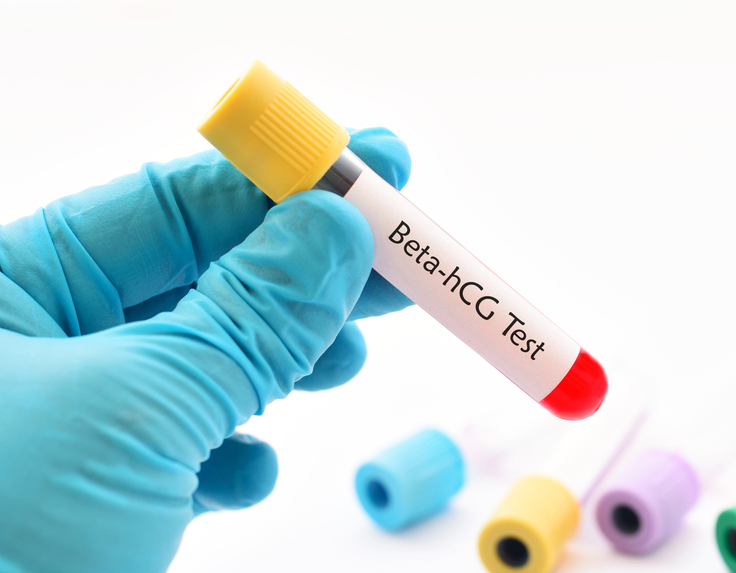
HCG has a crucial role in supporting early pregnancy. Its primary function is to signal the body to sustain the corpus luteum, a structure that forms from the egg follicle after ovulation. The corpus luteum, in turn, produces progesterone, which is essential for maintaining the uterine lining and creating a favourable environment for the developing embryo.
Detection of HCG is the basis for most pregnancy tests, whether conducted at home using urine or in a clinical setting through blood tests. The levels of HCG rise rapidly in the early weeks of pregnancy, doubling approximately every 48 to 72 hours. Monitoring these levels provides valuable insights into the health of the pregnancy, helps estimate gestational age, and aids in identifying potential issues, such as ectopic pregnancies or miscarriages. In essence, HCG serves as a biological beacon, illuminating the early stages of the remarkable journey toward parenthood.
What are the HCG Levels?
Understanding HCG levels is instrumental in assessing the progression of pregnancy. HCG levels typically rise rapidly in the early weeks of gestation, doubling approximately every 48 to 72 hours. The levels peak around the 10th week of pregnancy and then gradually decline. Monitoring these levels through blood or urine tests helps healthcare providers gauge the health of the pregnancy and identify potential issues such as ectopic pregnancies or miscarriages.

Early Pregnancy: In the early weeks of pregnancy, HCG levels rise rapidly. They usually double every 48 to 72 hours, providing a consistent marker for the viability of the developing pregnancy. During the first trimester, HCG levels typically reach their peak around the 10th week.
Gestational Age: HCG levels are often used to estimate gestational age, especially in the absence of precise dating information. Monitoring HCG levels allows healthcare providers to gauge the progress of the pregnancy and identify any concerns.
Decline After Peak: Following the peak around the 10th week, HCG levels gradually decline. While lower levels are expected, a rapid decline or levels plateauing may indicate a potential issue, such as an impending miscarriage or an ectopic pregnancy.
Variability: It’s essential to note that there is considerable variability in HCG levels among individuals. Some pregnancies may have higher or lower HCG levels than average without indicating a problem.
Diagnostic Tool: Serial HCG testing involves conducting multiple blood tests over time, allowing healthcare providers to observe the trend in HCG levels. This method is particularly valuable in assessing the viability of a pregnancy and detecting potential complications.
Ultrasound Confirmation: While HCG levels provide important information, ultrasound remains a crucial tool for confirming the viability of a pregnancy. It allows healthcare providers to visualize the gestational sac and, later on, the developing fetus.
It’s important to remember that HCG levels are just one aspect of a comprehensive assessment during pregnancy. Any concerns about HCG levels or their interpretation should be discussed with a healthcare professional, who can provide personalized guidance based on individual circumstances.
Types of HCG Tests
There are several types of Human Chorionic Gonadotropin (HCG) tests, each serving a specific purpose in pregnancy detection and monitoring. These tests are crucial tools for healthcare providers to gather information about the progress and health of a pregnancy. Here are some common types of HCG tests:
Urine Tests: Home pregnancy tests, the most common type, detect HCG levels in urine. They are convenient and provide quick results, making them a popular choice for early detection of pregnancy.
Blood Tests: Quantitative and qualitative blood tests measure HCG levels in the bloodstream. Quantitative tests provide specific HCG concentrations, while qualitative tests simply confirm the presence of HCG. Blood tests offer precise information and are often employed in medical settings.
Serial HCG Tests: These involve multiple blood tests conducted over a period, allowing healthcare providers to track the rise or fall of HCG levels. Serial testing is particularly useful in assessing the viability of a pregnancy.
Transvaginal Ultrasound: While not a direct HCG test, ultrasound can indirectly confirm the presence of HCG by visualizing the gestational sac. This method is valuable in diagnosing early pregnancies, especially when HCG levels are still low.
Understanding HCG and its levels is pivotal in pregnancy testing. From the early stages of implantation to the development of the placenta, HCG offers valuable insights into the health and progress of a pregnancy. Whether through urine tests, blood tests, or serial monitoring, the various types of HCG tests contribute to the comprehensive care and understanding of the miraculous journey towards parenthood.
Let’s address some common queries that often serve as a bridge between knowledge and practical application
What does 2 lines in an hCG pregnancy test mean?
Two lines on an hCG pregnancy test generally indicate a positive result. The first line, often labeled as the “C” line, is a control line that appears regardless of the test outcome. The second line, referred to as the “T” line or test line, appears if the test detects the presence of Human Chorionic Gonadotropin (hCG) in the urine. A visible T line alongside the C line suggests that the woman is likely pregnant.
What is the C and T line in an hCG test?
The “C” line, or control line, is a marker on the pregnancy test that appears to confirm that the test is functioning correctly. It serves as a reference to ensure the validity of the results. The “T” line, or test line, appears when the hCG hormone is detected in the urine. In the case of a positive result, both the C and T lines will be visible. If only the C line is present, it usually indicates a negative result.
How do you know an hCG test is positive?
An hCG test is considered positive when both the control line (C) and the test line (T) are visible. The control line serves as a reference to confirm that the test is working correctly. The appearance of the test line indicates the detection of hCG, a hormone produced during pregnancy. It’s important to note that the intensity of the lines may vary, but any presence of the test line, regardless of its darkness, typically indicates a positive result. If only the control line is visible, it suggests a negative result, and for accurate interpretation, it’s recommended to follow the specific instructions provided with the pregnancy test kit.


























